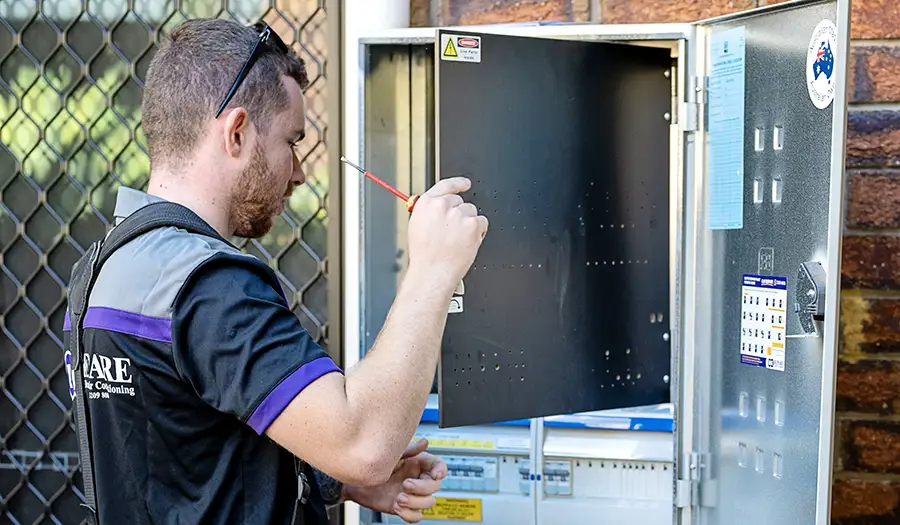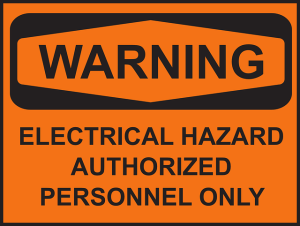There is no doubt that in today’s modern world, people have become increasingly more reliant on electricity for the things that encompass our contemporary lifestyle. In addition to our absolute reliance on electricity comes added concerns regarding the protection of our homes and belongings and the safety of our families. Whether it’s your workplace or your home, safety standards should be consistently maintained by your trusted domestic or commercial electrician. In Australia, the amount of accidents that occur as a result of overloaded electric currents or missing equipment is frightening. Everyone should have some basic knowledge regarding electrical hazards and at the workplace, every employee should be adequately trained to deal with electrical hazards.
Let’s take a look into some of the potential signs you should be aware of in order to prevent electrical hazards in your home:
- Overloading is a big NO NO: It is essential to make sure your electric outlets are not overloaded with too many plugs. Overloading can cause your entire system to fail or for the fuse to trip or blow. Poor functioning of a fuse may lead to the over – heating of wires which – worst case secenario can cause a fire.
- Defective wires: You must ensure good quality wiring that conforms to safety standards. Poor wiring, in any case, increases the chances of power failure, fire, arc failure and other critical consequences.
- Closeness to water: If the outlets in the kitchen, bathroom or other rooms are close to water – a dangerous situation exists. Chances of getting electrocuted are heightened. Using electrical equipment like a hairdryer or mobile phone charger in the bathroom or near a body of water is dangerous and should be removed immediate
- Be mindful of wet hands: Water is an excellent conductor of electricity. We occasionally use electrical appliances and press switches with our wet hands. If you find yoruself doing this – STOP! Children are particularly at risk here.
- Do not compromise with quality: Use high appliances whenever possible. Never compromise with the quality of electrical materials.
- Extension cords: We all use extension cords. They are convenient whenever we need to increase the number of outlets required. Just be careful to place the extension in a safe place, where people won’t trip over or kids won’t get tangled in the wires. In addition, do not use extension cords as a permanent substitute for a power socket and do not overload them by using multiple appliances at once.
- The positioning of the light bulbs: Most of us don’t envision lightbulbs to be potential safety hazards. But taking caution when changing a light bulb or turning the light switch on or off is important. Do not keep bulbs near flammable materials as light bulbs tend to get heated very quickly. Do not touch the light switch with wet hands. and always turn the switch off before changing the light bulb.
There is no doubt that in order to avoid injuries or damage to your home as a result of poor wiring or overloaded sockets, you need to get in touch with you local and experienced electrician to evaluate your home. Don’t take the chance. When it comes to all thing electrical you want someone who knows what they are doing to help you out! For air conditioning and electrical services, or to book an electrical safety inspection – contact REPARE!


